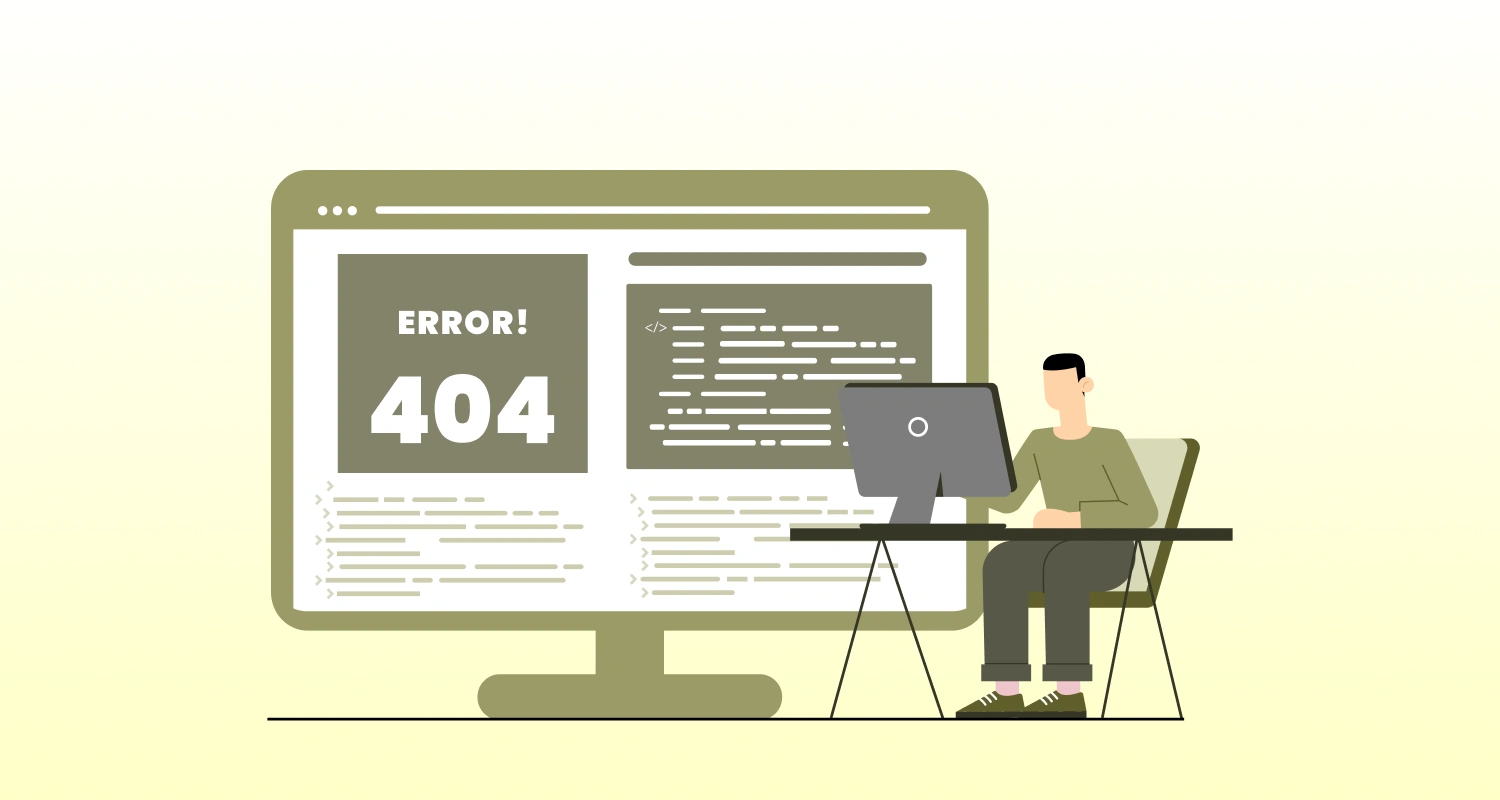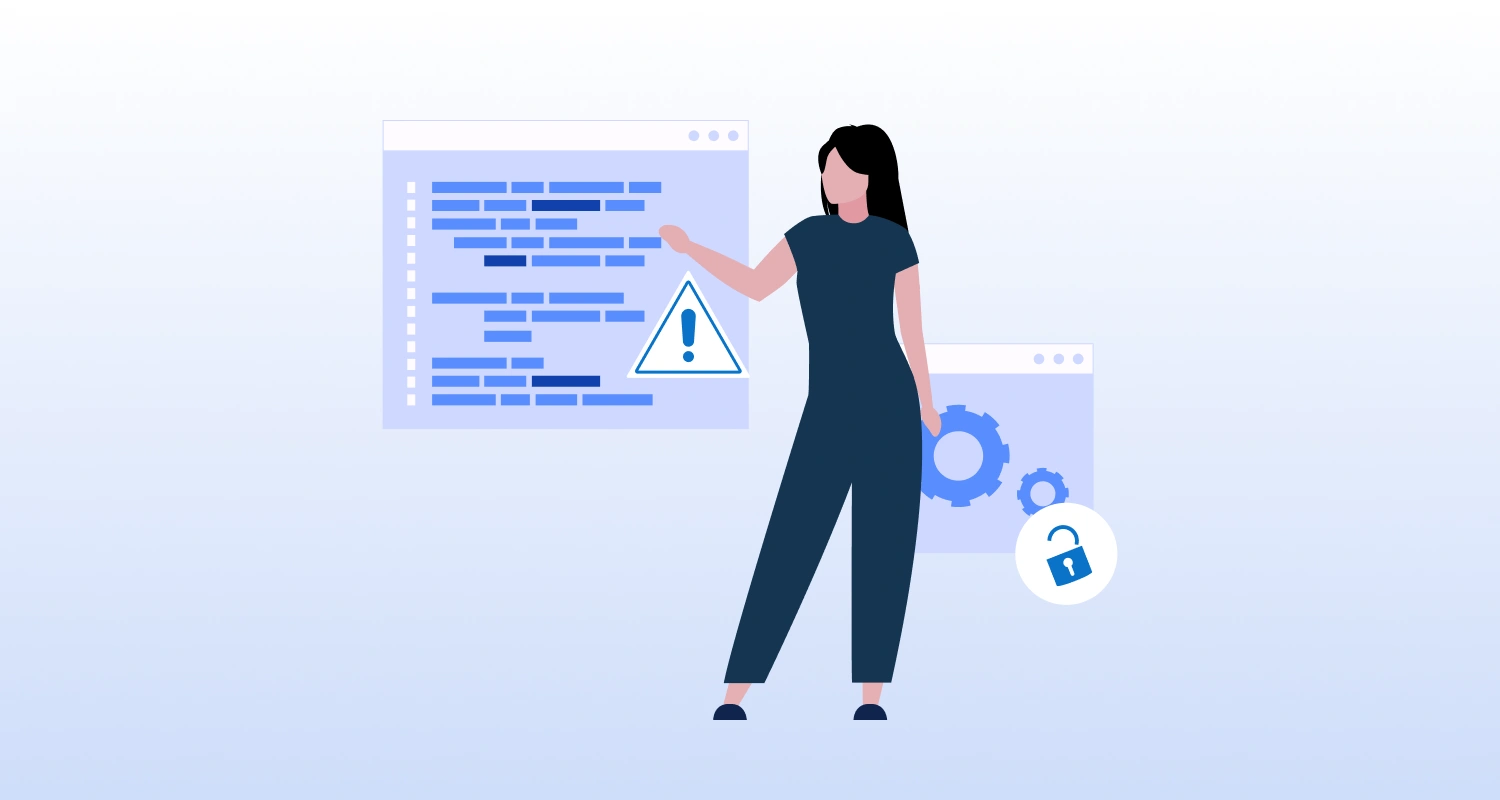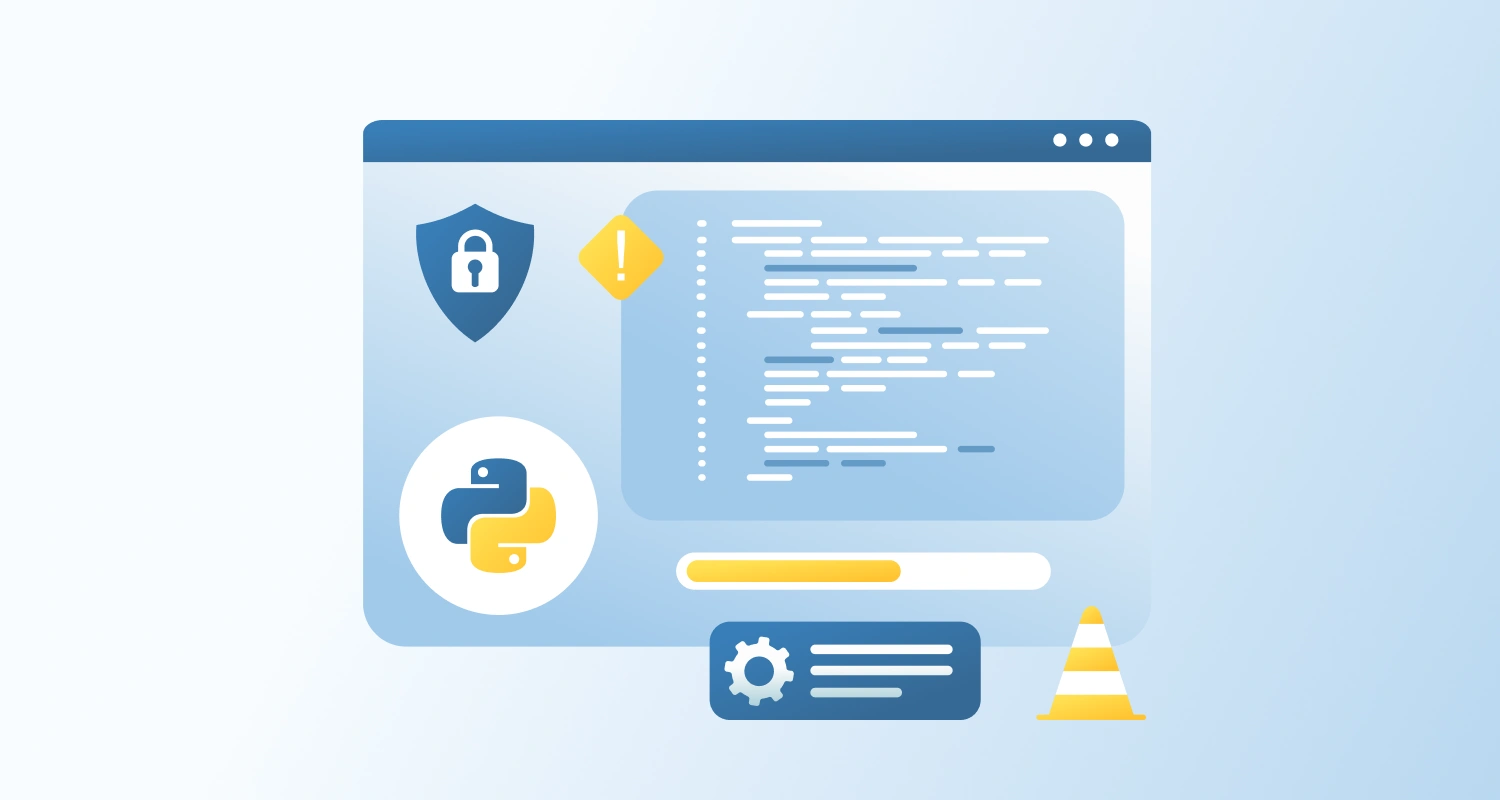Exception handling is a crucial WordPress development best practice that allows developers to manage errors efficiently. It can help prevent site crashes, improve uptime and improve user experience interacting with your website. Poor handling of exceptions can result in negative user experience and security concerns, risking exposing data and facing performance issues.
Why Is Exception Handling Important in WordPress?
Graceful Error Management
By handling exceptions, WordPress developers can prevent errors from crashing the site. Instead of displaying raw error messages to users, exceptions allow developers to log errors while showing friendly, user-friendly messages on the frontend.
Improved User Experience
Proper exception handling ensures that users are not confronted with confusing or broken pages. Instead of a 500 Internal Server Error or stack trace, users can see a more informative error message or a well-designed error page.
Better Debugging and Maintenance
Properly logged exceptions provide developers with insights into what went wrong. This makes it easier to debug issues, resolve bugs, and more.
Prevents Data Loss
Exceptions can prevent data loss or corruption if user input or data processing fails.
How Can Poor Exception Handling Lead to Security Issues?
Exposing Sensitive Information: If exceptions are not handled properly, WordPress may display sensitive information such as file paths, database details, or server configurations in the error messages. This exposes critical information to attackers, giving them clues on how to exploit the system.
Example of Bad Practice:
try {
// Some code that might throw an exception
} catch (Exception $e) {
echo $e->getMessage(); // Potentially exposes sensitive data to the user
}Allowing Attackers to Exploit Vulnerabilities:
Uncaught exceptions can cause WordPress to fail silently, potentially leaving security holes open. Attackers may take advantage of these unhandled exceptions to bypass security measures or trigger unexpected behavior in the system.
Denial of Service (DoS) Attacks:
Poor exception handling can lead to unoptimized error responses. For example, if too many exceptions are logged or displayed, it could lead to excessive resource consumption and slow down or crash the server, making it vulnerable to Denial of Service attacks.
Breaking Core Functionality:
Poorly handled exceptions can cause certain functionalities, like user authentication or content retrieval, to fail unexpectedly. If a plugin or theme does not gracefully handle an exception, it can result in broken features that may expose additional attack vectors.
How to Efficiently Handle Exceptions in WordPress
Use Try-Catch Blocks: Always surround risky operations (such as database queries or API calls) with try-catch blocks. This allows you to catch errors and handle them appropriately without breaking the flow of your application.
Example:
try {
// Risky code, e.g., database query
} catch (Exception $e) {
// Log the error without exposing sensitive details
error_log('Error occurred: ' . $e->getMessage());
// Show a user-friendly message
wp_die('Something went wrong. Please try again later.');
}Log Exceptions Instead of Displaying Them
Log exceptions to a file or external logging service and don’t display the detailed errors on the site. Use WordPress’s built-in error_log() function or integrate third-party logging services such as Sentry.
Custom Error Pages
Instead of showing default WordPress error pages, create custom error pages that inform users about the issue without needing to reveal technical details.
Validate and Sanitize Inputs
Before processing user data, always validate and sanitize inputs to prevent exceptions related to malformed data. Use WordPress functions like sanitize_text_field() or esc_sql() to clean input data before use.
Graceful Degradation
Instead of letting exceptions cause critical failures, implement graceful degradation where the site remains functional, even if some features fail. For example, disable non-critical features if an API call or a plugin stops working.
Conclusion
Exception handling increases the reliability of WordPress sites. It helps you catch and manage errors without exposing sensitive information or causing your site to crash. When done right, it improves security, keeps your site stable, and creates a smoother experience for your users. The best approach is to always catch exceptions, log the details privately, and avoid showing technical error messages on the front end.





